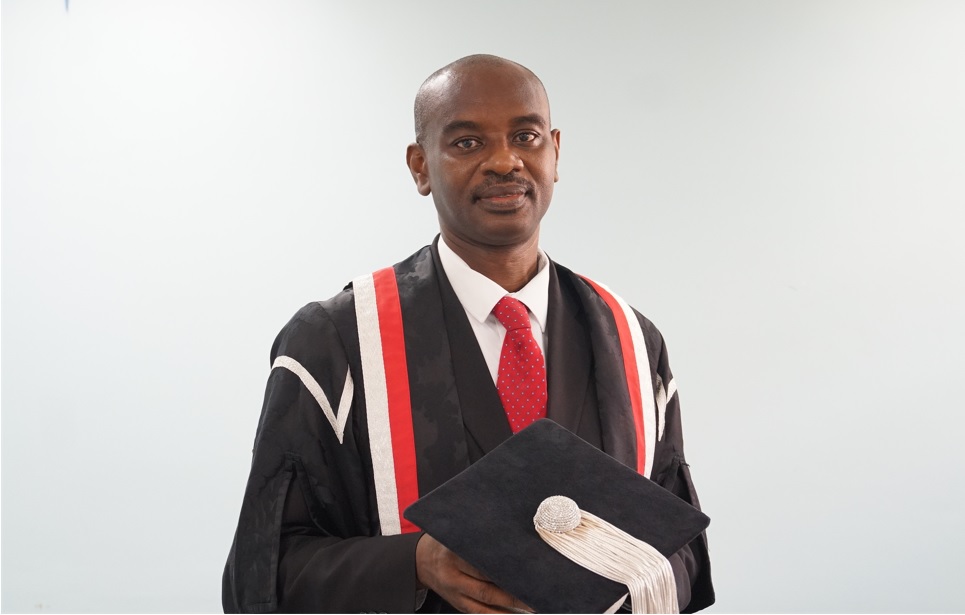Economist Professor Justin Robinson believes the state-led model of growth may have taken Barbados as far as it can go.
And he has suggested that the Government may need to make a radical shift to take the economy further.
The Pro Vice-Chancellor of the Board of Undergraduate Studies at the University of the West Indies, Cave Hill Campus was one of the panellists at the Barbados Chamber of Commerce and Industry’s post-Budget panel discussion held at the Lloyd Erskine Sandiford Centre on Thursday morning.
Highlighting that almost three-quarters of the cumulative growth in the 1961-2022 period had occurred between 1961 and 1973, with a noticeable decline since then, Robinson said: “We catapulted to middle-income status and now are in a middle-income trap.”
“I have a lot of respect for the administration and what they have done since 2018, the competence and energy brought to date, but I still think there are some quite deep philosophical questions about the role and nature of the state that I think have ended up clouding the debate.
“I have a deep suspicion – I could be wrong – that this state-dominant model has taken us as far as we can go and we need to imagine a new future,” the university professor suggested.
Insisting there is more dynamism in the private sector than some may believe, Robinson said there were many home-grown, non-bank financing solutions available.
Therefore, he suggested, seeking traditional sources of funding did not have to be a hindrance to development.
“I can categorically say that there is no shortage of non-bank financing in the region for a wide range of investments,” he added.
During the discussion, Robinson said Prime Minister Mia Mottley’s four-hour presentation of the 2023-2024 Financial Statement and Budgetary Proposals on Tuesday lacked some details.
He said more should have been made clear about the planned reform of state-owned enterprises and the Government’s initiatives to grow the economy.
(JB)
Economist suggests shift from state-led growth model
381




